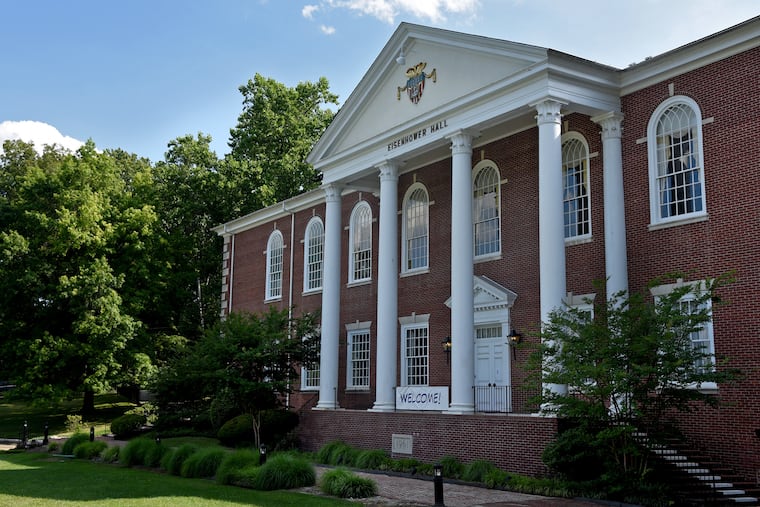Canadian universities should be included in Francesca Albanese’s report on educational issues.

Recent research has revealed significant troubling links between universities worldwide and corporations complicit in harmful activities contributing to geopolitical tensions. A report by United Nations Special Rapporteur Francesca Albanese titled “From Economy of Occupation to Economy of Genocide” concludes that academic institutions are intertwined with entities that actively contribute to violence and displacement, particularly concerning Israel’s actions in Gaza and beyond. This report has sparked a strong reaction from various quarters, including sanctions imposed on Albanese by the United States, described by the scholar as an absurd response that raises concerns about academic freedom and integrity.
Albanese’s investigation highlights how universities not only invest financial resources in firms associated with military interests but also actively support research that could facilitate such environments. The accountability of academic institutions is a central theme of her findings, calling attention to the ethical implications of involvement in or support for oppressive actions.
In her analysis of the Israeli educational landscape, Albanese points out that disciplines such as law and Middle Eastern studies often perpetuate colonial narratives that obscure the histories and rights of Palestinians. Meanwhile, STEM fields are observed to engage in collaborations with military technology firms, including Elbit Systems and Lockheed Martin. This pattern extends beyond Israel, with similar actions noted in American universities, including funding from the Israeli Defence Ministry to institutions like the Massachusetts Institute of Technology, highlighting the intersection of academia and militarism.
While the report does not specifically cite Canadian universities, it raises pertinent questions regarding institutions such as the University of Toronto. Over recent years, this esteemed institution has fostered connections with various Israeli academic bodies and has attracted investment from donors linked to military operations, prompting discussions about the ethicality of such associations.
As calls for divestment from companies linked to oppressive practices proliferate among students and faculty at universities worldwide, including those in Canada, there exists a growing appetite for accountability. Academic institutions are urged to reflect on their roles in supporting or resisting systems of oppression. The report underscores a growing recognition that universities, like corporations, are not insulated from legal responsibilities related to human rights. As Albanese asserts, adherence to local laws does not exempt institutions from moral and legal scrutiny for their partnerships and investments.
The discussions prompted by Albanese’s report are valuable not only in the academic realm but also for broader societal considerations about ethical investing and corporate responsibility. As the dialogue surrounding these issues continues, it is evident that collective action is essential for fostering an academic environment that promotes peace and justice.
#PoliticsNews #CultureNews






